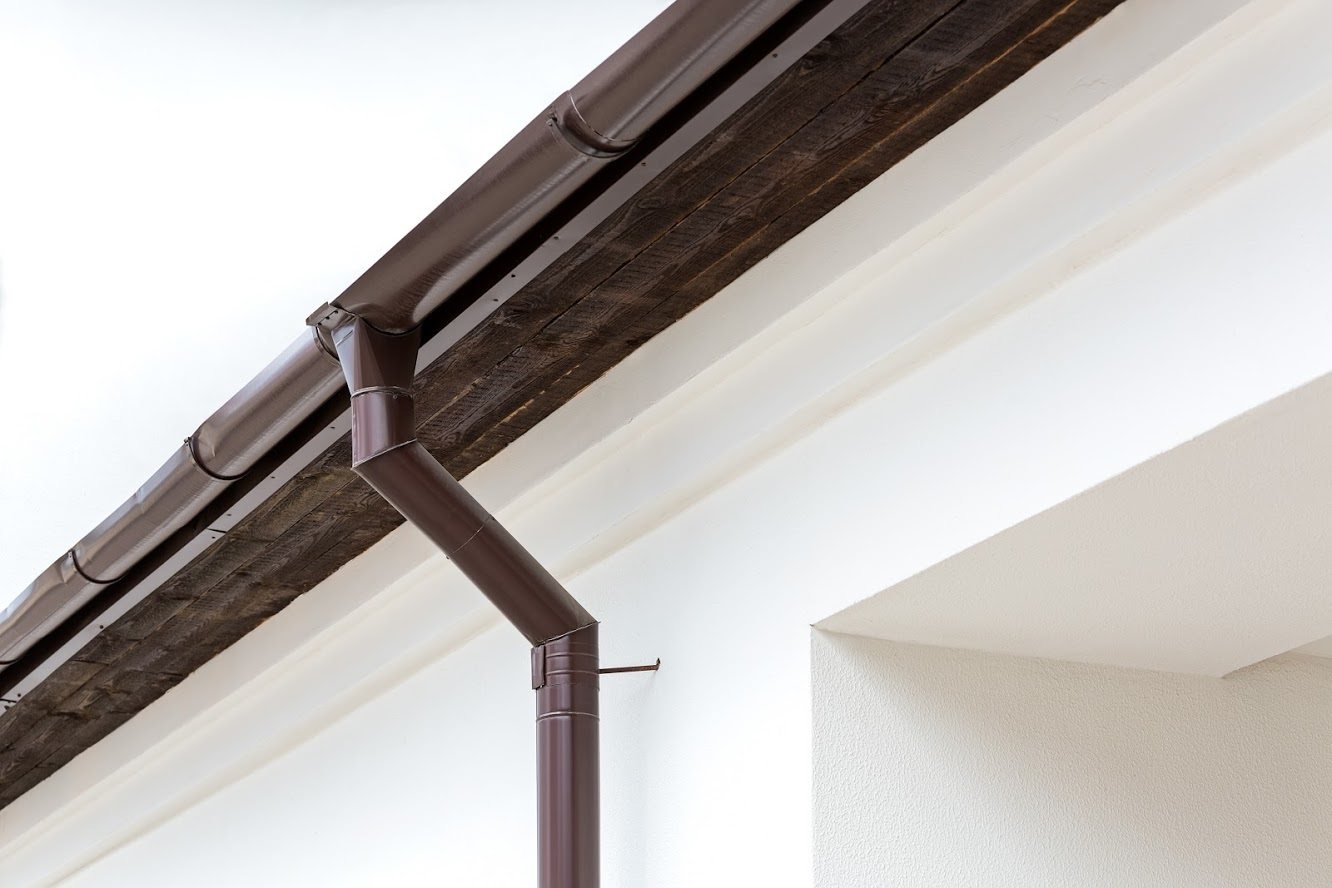

Articles
Why Does A House Need Gutters
Modified: April 22, 2024
Find out why gutters are essential for protecting your house in this informative article. Learn about the benefits and importance of having gutters installed.
(Many of the links in this article redirect to a specific reviewed product. Your purchase of these products through affiliate links helps to generate commission for Storables.com, at no extra cost. Learn more)
Introduction
Gutters may not be the most glamorous feature of a house, but they serve an essential purpose in protecting your home from potential damage caused by rainwater. These often-overlooked components play a crucial role in directing water away from your house, preventing issues such as water damage, soil erosion, and even foundation problems.
In this article, we will explore the importance of gutters and why every house needs them. We will delve into how gutters protect your home from water damage, prevent soil erosion, safeguard your foundation, and prevent basement flooding. Additionally, we will discuss the maintenance and cleaning required for keeping your gutters in optimal condition. Lastly, we will touch on how to choose the right gutters for your house.
While gutters may not be the first thing on your mind when it comes to home maintenance, understanding their significance will help you make informed decisions regarding their installation, upkeep, and overall protection of your home.
Key Takeaways:
- Gutters are not just a home accessory but a crucial defense against water damage, soil erosion, and foundation issues. Regular maintenance and choosing the right gutters can save you from costly repairs and protect your property’s integrity.
- Properly installed and well-maintained gutters divert rainwater away from your home, preventing basement flooding and preserving the structural integrity of your property. Understanding their significance and investing in quality gutters can safeguard your home for years to come.
Read more: Why Do Houses In Florida Not Have Gutters
Importance of Gutters
Gutters play a crucial role in protecting your home from water damage by effectively channeling rainwater away from the roof and foundation. Without gutters, rainwater can wreak havoc on various parts of your home, causing structural damage, foundation issues, and even basement flooding. Let’s explore in more detail why gutters are essential for every house:
- Protection from Water Damage: One of the primary functions of gutters is to collect and redirect rainwater away from your house. Without gutters, rainwater cascades down the roof and falls directly near the foundation, leading to potential water damage. This can result in rotting wood, peeling paint, and even structural damage to your walls and ceilings.
- Preventing Soil Erosion: Gutters help prevent soil erosion around your house by guiding rainwater away from the immediate vicinity. When water pours directly off the roof, it creates a steady flow that erodes the soil below. Over time, this can lead to unsightly and uneven landscapes, compromising the stability of your yard.
- Foundation Protection: Properly installed gutters prevent water from pooling near the foundation of your house. When rainwater is not diverted away, it seeps into the soil surrounding the foundation, causing it to expand and contract. This continuous pressure can lead to cracks, shifting, and even serious foundation damage.
- Preventing Basement Flooding: Gutters play a significant role in preventing basement flooding. When rainwater is not effectively directed away from your home, it can seep into the basement, causing water damage, mold growth, and costly repairs. Installing a gutter system helps keep your basement dry and free from potential water-related issues.
By understanding the importance of gutters, you can see that they are not just a mere accessory but an essential component of a well-maintained home. Investing in good quality gutters and regularly maintaining them can save you from expensive repairs and protect the overall integrity of your property.
Protection from Water Damage
One of the primary functions of gutters is to protect your home from water damage. Without gutters, rainwater can cause significant problems to various parts of your house, leading to costly repairs. Let’s explore in more detail how gutters provide protection from water damage:
1. Roof Protection: Gutters prevent rainwater from directly pouring off the roof and causing damage to the shingles or tiles. Rainwater flowing unchecked can lead to leaks, rotting of the roof deck, and even structural issues. By collecting the rainwater and channeling it away from the roof, gutters help maintain the integrity and longevity of your roof.
2. Exterior Walls and Siding: Without gutters, rainwater can run down the sides of your house, damaging the exterior walls and siding. Over time, this can result in peeling paint, staining, and the growth of mold and mildew. Gutters redirect the rainwater away from the walls, protecting them from moisture-related issues and preserving their aesthetic appeal.
3. Foundation Protection: Perhaps the most critical aspect of gutter protection is safeguarding the foundation of your home. When rainwater is not properly channeled away, it can accumulate around the foundation and seep into the soil. This can lead to excessive moisture absorption and cause the foundation to crack or shift. By diverting rainwater away from the foundation, gutters help maintain its stability and prevent costly foundation repairs.
4. Landscape Preservation: Uncontrolled rainwater runoff can erode the soil in your yard, damaging the landscaping and creating an uneven terrain. This erosion not only affects the aesthetics of your property but also compromises the stability of your yard. Gutters collect rainwater and direct it away from the immediate vicinity, preventing soil erosion and preserving the overall landscape of your home.
5. Basement and Crawlspace Protection: Excess rainwater that is not properly channeled away from your home can seep into the basement or crawlspace. This can lead to water damage, mold growth, and compromised structural integrity. Gutters effectively redirect rainwater away from the foundation, preventing basement flooding and keeping these areas dry and free from potential water-related issues.
By ensuring that your home has properly installed and well-maintained gutters, you can protect it from various types of water damage. Regular inspections and cleaning of gutters are essential to keep them functioning optimally and to ensure that your home remains safe and secure, even during heavy rainfall events.
Preventing Soil Erosion
Gutters play a vital role in preventing soil erosion around your house. Soil erosion occurs when rainwater flows unchecked and washes away the top layer of soil, leaving behind unsightly and uneven landscapes. This can lead to a host of problems, including the destabilization of your yard and potential damage to your property. Let’s explore how gutters help in preventing soil erosion:
1. Controlling Rainwater Flow: When rainwater pours directly off the roof without gutters, it creates a concentrated flow that can erode the soil below. This erosion can result in gullies, trenches, and uneven surfaces in your yard. Gutters break up the flow of rainwater and divert it away from the immediate area surrounding your house, preventing concentrated runoff that causes soil erosion.
2. Directing Water to Safe Areas: Gutters collect rainwater and channel it into downspouts, which are strategically placed to direct the water away from vulnerable areas. By selecting safe areas for water drainage, such as drainage ditches or sewer systems, gutters help ensure that water is carried away without causing damage to the soil around your home.
3. Preserving Landscaping: Uncontrolled soil erosion can damage your landscaping efforts, resulting in the loss of plants and the destruction of flowerbeds. By preventing soil erosion, gutters protect your landscaping investments, allowing your plants to flourish and maintaining the visual appeal of your outdoor spaces.
4. Preventing Sediment Buildup: Soil erosion caused by uncontrolled rainwater can lead to sediment buildup in various areas of your property. This sediment can clog drainage systems, block pathways, and create a messy and challenging-to-maintain environment. With the help of gutters, rainwater is effectively directed away, preventing sediment buildup and keeping your property clean and accessible.
5. Preserving Structural Integrity: Soil erosion can compromise the stability of your property’s foundation and other structures. As soil washes away, it can create voids beneath the foundation and other vulnerable areas, leading to shifting and potential damage. Gutters prevent excessive water from seeping into the soil, preserving its stability and ensuring that your structures remain intact.
By installing and maintaining gutters, you can effectively prevent soil erosion and preserve the overall integrity of your yard. Regular inspection, cleaning, and maintenance of gutters are essential to ensure they remain free from debris and continue to redirect rainwater away from your property. By taking proactive measures, you can protect your home from the damaging effects of soil erosion and maintain a beautiful and stable outdoor environment.
Foundation Protection
Gutters play a crucial role in protecting the foundation of your home. The foundation is the structural base that supports your entire house, and any damage to it can have serious consequences. Without gutters, rainwater can accumulate near the foundation and cause significant issues. Let’s explore how gutters help in protecting the foundation:
1. Diverting Rainwater: Gutters collect rainwater from the roof and channel it away from the foundation. By directing the water to designated areas, such as downspouts or drainage systems, gutters prevent excessive water from pooling or seeping into the soil near the foundation.
2. Preventing Soil Contraction and Expansion: When rainwater is not properly directed away from the foundation, the soil surrounding it can become saturated. As the soil absorbs the water, it expands, creating pressure against the foundation. Conversely, during dry spells, the soil can contract and pull away from the foundation. This constant expansion and contraction can lead to cracks and shifts in the foundation. Gutters help maintain the moisture balance of the soil around the foundation, preventing excessive soil expansion or contraction.
3. Minimizing Hydrostatic Pressure: Hydrostatic pressure occurs when water accumulates around the foundation and exerts pressure against the walls. Over time, this pressure can cause cracks in the foundation and compromise its stability. Gutters prevent the buildup of water near the foundation, reducing hydrostatic pressure and minimizing the risk of foundation damage.
4. Preventing Water Leakage: When rainwater is not properly directed away from the foundation, it can seep into the basement or crawl space, resulting in water leakage. This can lead to dampness, mold growth, and structural damage. Gutters help keep the foundation dry by redirecting rainwater away from the house, preventing water from infiltrating undesirable areas.
5. Preserving Structural Integrity: A solid foundation is essential for the overall structural integrity of your home. By protecting the foundation from damage caused by water pooling and soil shifts, gutters help maintain the stability and strength of your house. This prevents costly repairs and ensures the longevity of your home.
Proper installation, regular cleaning, and maintenance of gutters are crucial for them to function effectively in protecting the foundation. By investing in a reliable gutter system and taking proactive measures to keep them in good condition, you can safeguard your foundation from water-related issues and maintain the structural integrity of your home for years to come.
Regularly clean and maintain your gutters to prevent clogs and water damage to your house. This will help protect your foundation, landscaping, and prevent basement flooding.
Preventing Basement Flooding
Gutters play a vital role in preventing basement flooding, which can cause significant damage and pose health risks to homeowners. When rainwater is not effectively directed away from your home, it can seep into the basement and result in water damage, mold growth, and compromised structural integrity. Let’s explore how gutters help prevent basement flooding:
1. Directing Water Away: Gutters collect rainwater from the roof and channel it away from the foundation. By directing the water away from your home, gutters prevent excessive water from entering the basement. This is especially important during heavy rainfall or periods of prolonged precipitation when water accumulation around the foundation is more likely.
2. Preventing Water Accumulation: When rainwater is not properly directed away, it can accumulate near the foundation, creating a pool of water around the basement walls. Over time, this water can seep through cracks and gaps, leading to basement flooding. Gutters effectively divert the rainwater away, preventing water accumulation and reducing the risk of basement flooding.
3. Maintaining Moisture Balance: Excessive moisture around the foundation can permeate through basement walls, leading to dampness and increased humidity levels. This provides favorable conditions for mold and mildew growth, which can pose health risks to residents. By keeping the foundation dry, gutters help maintain the moisture balance in the basement, preventing the onset of mold and protecting indoor air quality.
4. Preserving Structural Integrity: Basement flooding can compromise the structural integrity of your home. As water seeps into the basement, it can damage the foundation, weaken the walls, and cause sagging or cracking. Over time, this can lead to costly repairs and structural instability. Gutters effectively prevent water from infiltrating the basement, preserving the structural integrity of your home and avoiding potential damage.
5. Reducing Insurance Claims: Basement flooding can result in costly insurance claims and increased premiums. By preventing basement flooding through the installation of gutters, you can help reduce the risk of water damage and avoid potential financial burdens associated with basement flooding.
Regular maintenance of gutters, including cleaning out debris and ensuring proper functioning, is essential to ensure optimal performance in preventing basement flooding. Additionally, it’s important to ensure that downspouts are properly extended away from the foundation to direct water at least several feet away from the house. By proactively addressing basement flooding risks with properly installed and well-maintained gutters, you can safeguard your basement and protect your home from water-related damages.
Maintenance and Cleaning
To ensure that your gutters continue to function optimally, regular maintenance and cleaning are essential. Neglecting gutter maintenance can lead to clogged gutters, water damage, and compromised functionality. Let’s explore the importance of gutter maintenance and cleaning:
1. Regular Inspections: Schedule regular inspections of your gutters to assess their condition and identify any potential issues. Look for signs of damage, such as cracks, loose or sagging sections, and clogged downspouts. Early detection allows for timely repairs and prevents further damage to your gutters and home.
2. Clearing Debris: Debris such as leaves, twigs, and dirt can accumulate in your gutters, leading to clogs. These clogs prevent water from flowing freely through the gutters, causing overflow and potential water damage to your home. Regularly clean out the debris from the gutters to ensure proper water flow and prevent clogs.
3. Gutter Guards: Consider installing gutter guards, which are designed to prevent debris from entering the gutters while allowing water to flow through. Gutter guards can significantly reduce the frequency of gutter cleaning, making maintenance more manageable and effective.
4. Downspout Maintenance: Pay attention to the downspouts connected to your gutters. Ensure they are securely attached and free of debris. Inspect and clean the downspouts regularly to prevent blockages that can lead to improper water flow and overflow of rainwater.
5. Roof Maintenance: Clean and maintain your roof regularly to prevent excessive debris from entering the gutters. Trim overhanging branches to minimize the amount of debris that falls onto the roof and gutters. Additionally, ensure that your roof is in good condition to prevent shingle debris or roof damage from impeding the proper flow of water into the gutters.
6. Seasonal Maintenance: Different seasons bring varying challenges for gutters. In the fall, it’s crucial to remove fallen leaves to prevent clogs. During winter, clear any snow or ice buildup that may obstruct the proper flow of water. In the spring, check for any damage caused by winter weather or potential clogs from springtime debris. And in the summer, ensure the gutters are clear and functioning well before the heavy rains of the season arrive.
7. Professional Assistance: If you’re unsure about maintaining or cleaning your gutters, it’s always advisable to seek professional help. Professional gutter cleaners have the expertise and proper tools to thoroughly clean and inspect your gutters, ensuring they are in optimal condition.
Regular maintenance and cleaning of gutters are vital in protecting your home from water damage and maintaining the functionality of your gutter system. By adopting a proactive approach to gutter maintenance, you can avoid costly repairs, prolong the lifespan of your gutters, and safeguard your home from the damaging effects of overflowing or clogged gutters.
Choosing the Right Gutters
When it comes to choosing the right gutters for your home, several factors need to be considered to ensure effective water management and functionality. The right gutter system will not only protect your home from water damage but also enhance its overall exterior aesthetics. Here are some essential considerations to keep in mind when selecting gutters:
1. Material: Gutters are available in various materials, each with its own advantages and drawbacks. Common options include aluminum, vinyl, copper, and galvanized steel. Aluminum gutters are lightweight, durable, and resistant to rust, making them a popular choice for many homeowners. Vinyl gutters are affordable and easy to install, but may not be as durable as other materials. Copper gutters offer a classic and elegant look, while galvanized steel gutters are strong and resistant to extreme weather conditions. Consider the pros and cons of each material and choose the one that best suits your specific needs and preferences.
2. Size and Capacity: Gutters are available in different sizes to accommodate varying rainfall amounts. The size of the gutter should be determined based on the average rainfall in your area, the roof size, and the pitch of your roof. Calculating the square footage of your roof and consulting with a professional can help determine the appropriate gutter size and capacity required to handle the volume of rainwater.
3. Style and Aesthetics: Gutters come in various styles and profiles that can complement the architectural style of your home. The most common gutter styles include K-style, half-round, and fascia gutter systems. Consider the design and visual appeal of the gutter system to ensure it enhances the overall aesthetics of your home.
4. Maintenance and Durability: Consider the maintenance requirements of the gutter material before making a decision. Some materials, such as aluminum and vinyl, are low-maintenance and require minimal upkeep. Others, like copper, may require periodic maintenance to prevent patina or discoloration. Additionally, consider the durability of the gutter material and choose one that can withstand the climate conditions in your area.
5. Installation: Proper installation is crucial for the effectiveness of your gutter system. Improperly installed gutters can lead to water leakage, overflow, and damage to your home. Unless you have experience and knowledge of gutter installation, it’s advisable to hire a professional to ensure a correct and secure installation.
6. Budget and Warranty: Determine your budget for gutter installation and consider the overall value and warranty offered by different manufacturers. Compare prices, warranties, and customer reviews to make an informed decision that aligns with your budget and provides long-term peace of mind.
Choosing the right gutters is an important decision to protect your home from water damage and ensure proper water management. Consider your specific needs, preferences, and the local climate, and consult with professionals if necessary. By investing in a quality gutter system that suits your home, you’ll enjoy the benefits of effective water drainage and enhanced curb appeal.
Conclusion
Gutters may not be the most glamorous feature of a house, but they play an essential role in protecting your home from water damage, preventing soil erosion, safeguarding the foundation, and preventing basement flooding. Neglecting gutters can lead to costly repairs and compromise the integrity of your home. By understanding the importance of gutters and implementing proper maintenance and cleaning practices, you can ensure they function optimally and provide long-term protection for your property.
Regular inspections, clearing debris, and addressing issues promptly are crucial for maintaining the functionality of gutters. Additionally, considering factors such as material, size, style, and installation when choosing the right gutters ensures they effectively manage water and enhance the aesthetics of your home.
Remember, gutters are not just a mere accessory but an integral part of a well-maintained home. They divert rainwater away from the roof, foundation, and basement, preventing water damage, soil erosion, and potential structural issues. Taking the time to invest in high-quality gutters and maintaining them properly will save you from costly repairs and protect the long-term value of your property.
Whether you’re choosing new gutters or maintaining existing ones, it’s important to prioritize regular inspections and cleaning to keep your gutters functioning optimally. If you’re unsure about maintenance or cleaning, it’s advisable to seek professional assistance to ensure the job is done correctly.
By understanding the importance of gutters, taking proper care of them, and making an informed decision when choosing gutters, you can protect your home, preserve its structural integrity, and enjoy a safe and dry living environment for years to come.
Frequently Asked Questions about Why Does A House Need Gutters
Was this page helpful?
At Storables.com, we guarantee accurate and reliable information. Our content, validated by Expert Board Contributors, is crafted following stringent Editorial Policies. We're committed to providing you with well-researched, expert-backed insights for all your informational needs.
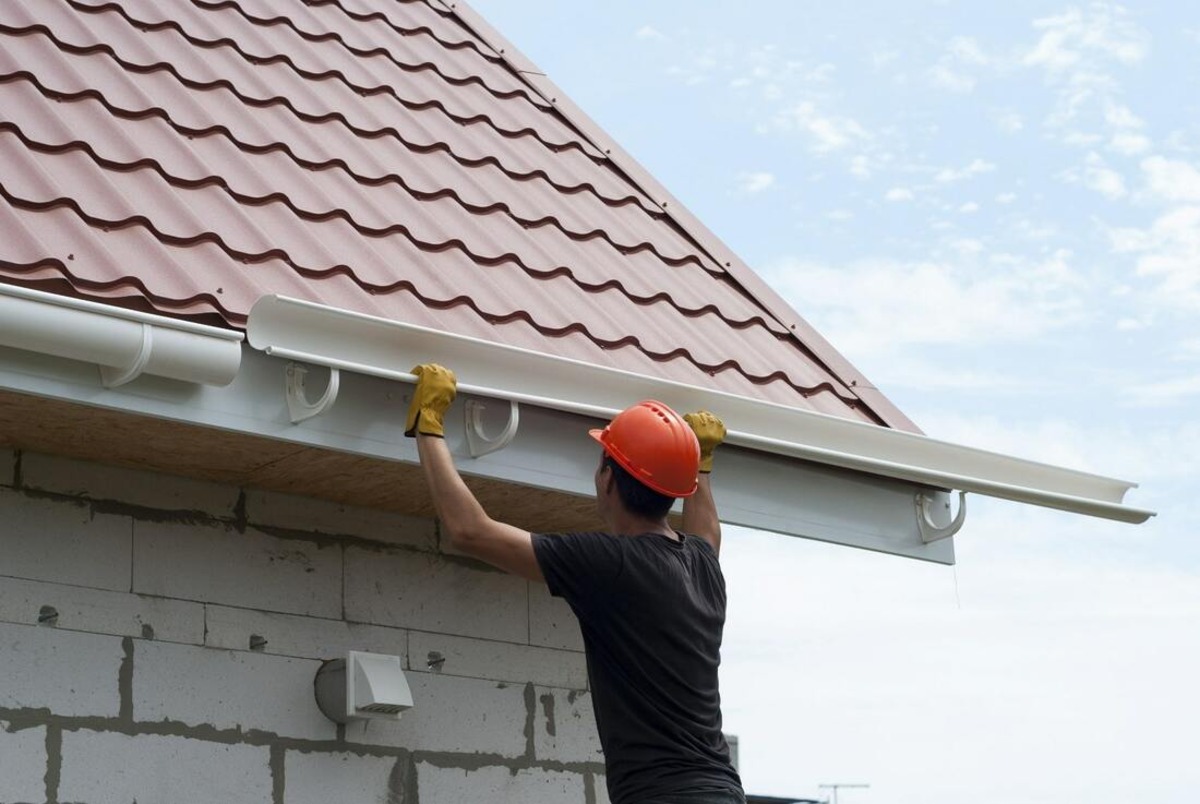
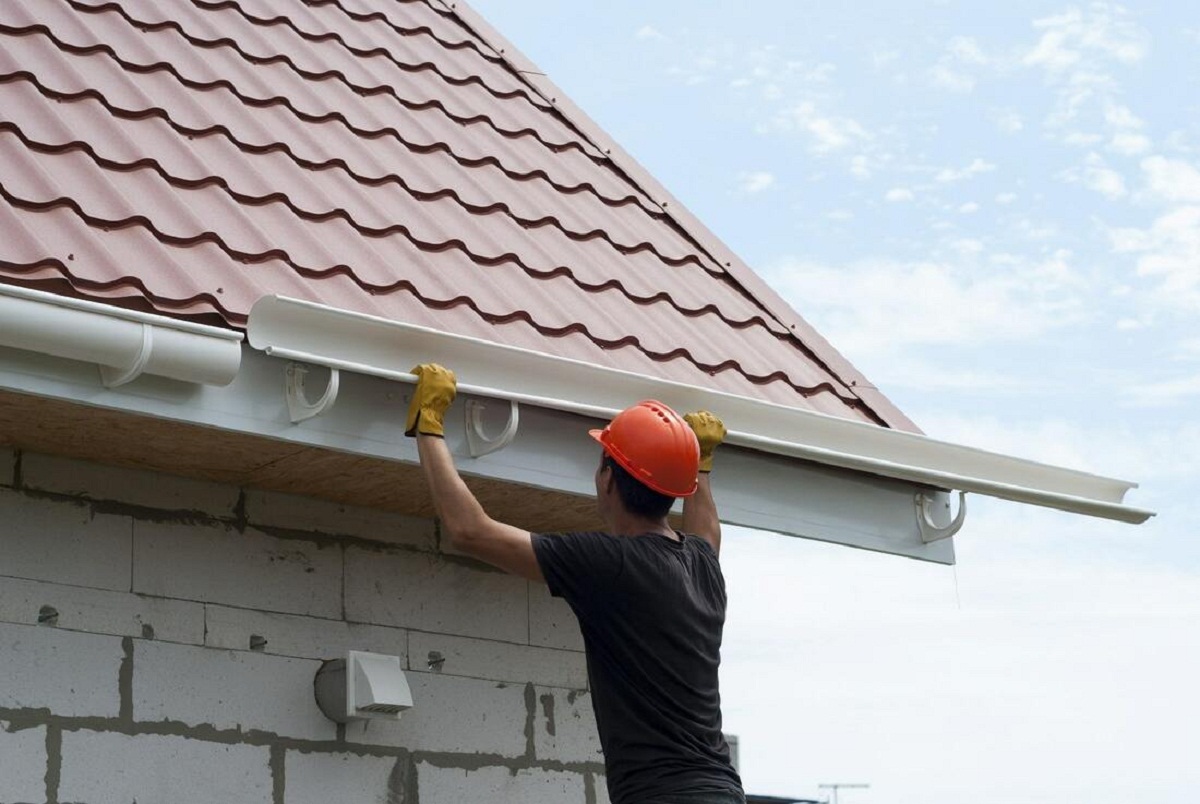
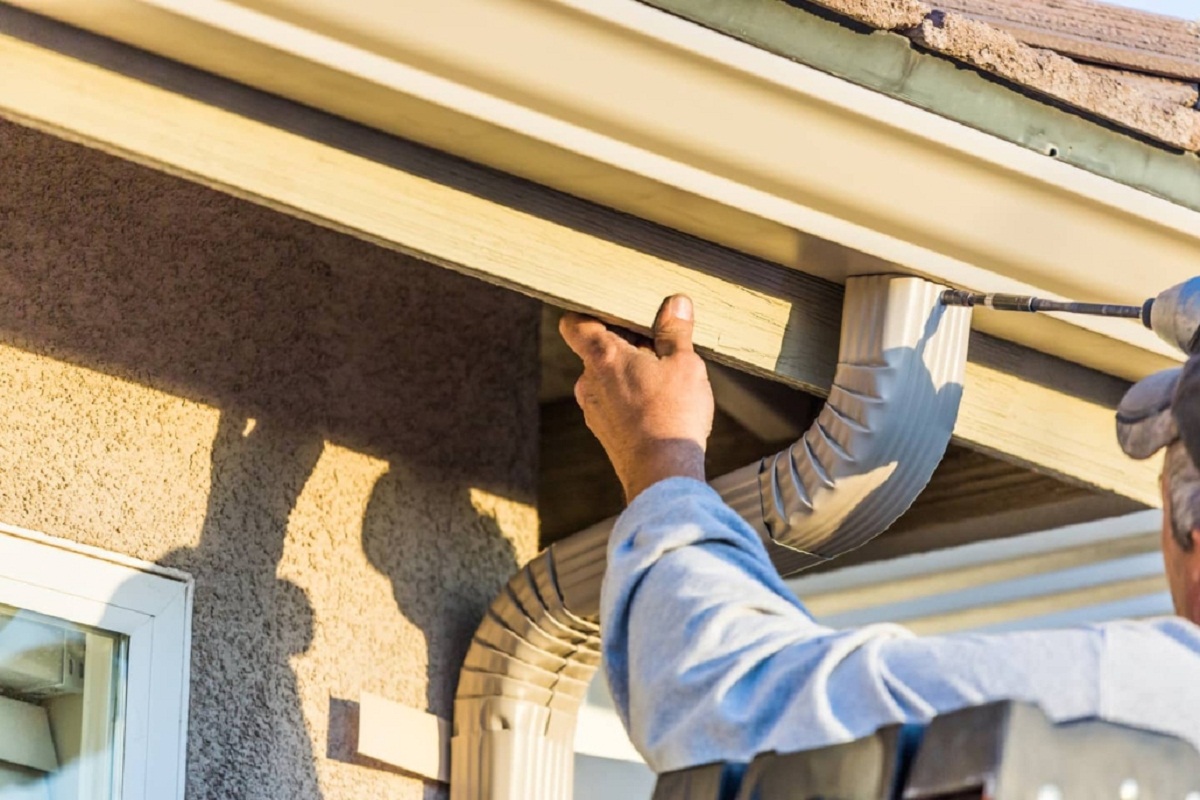
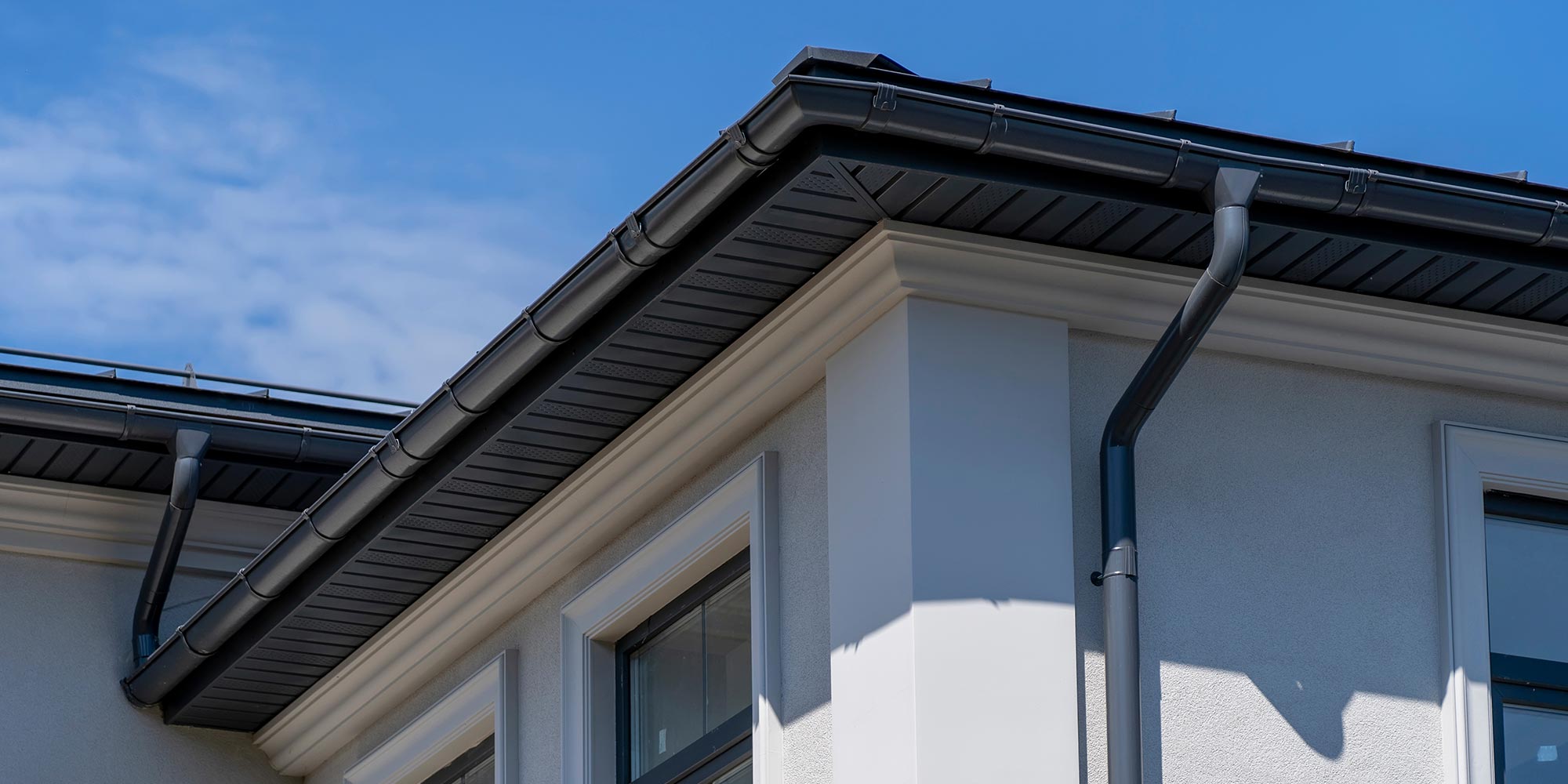
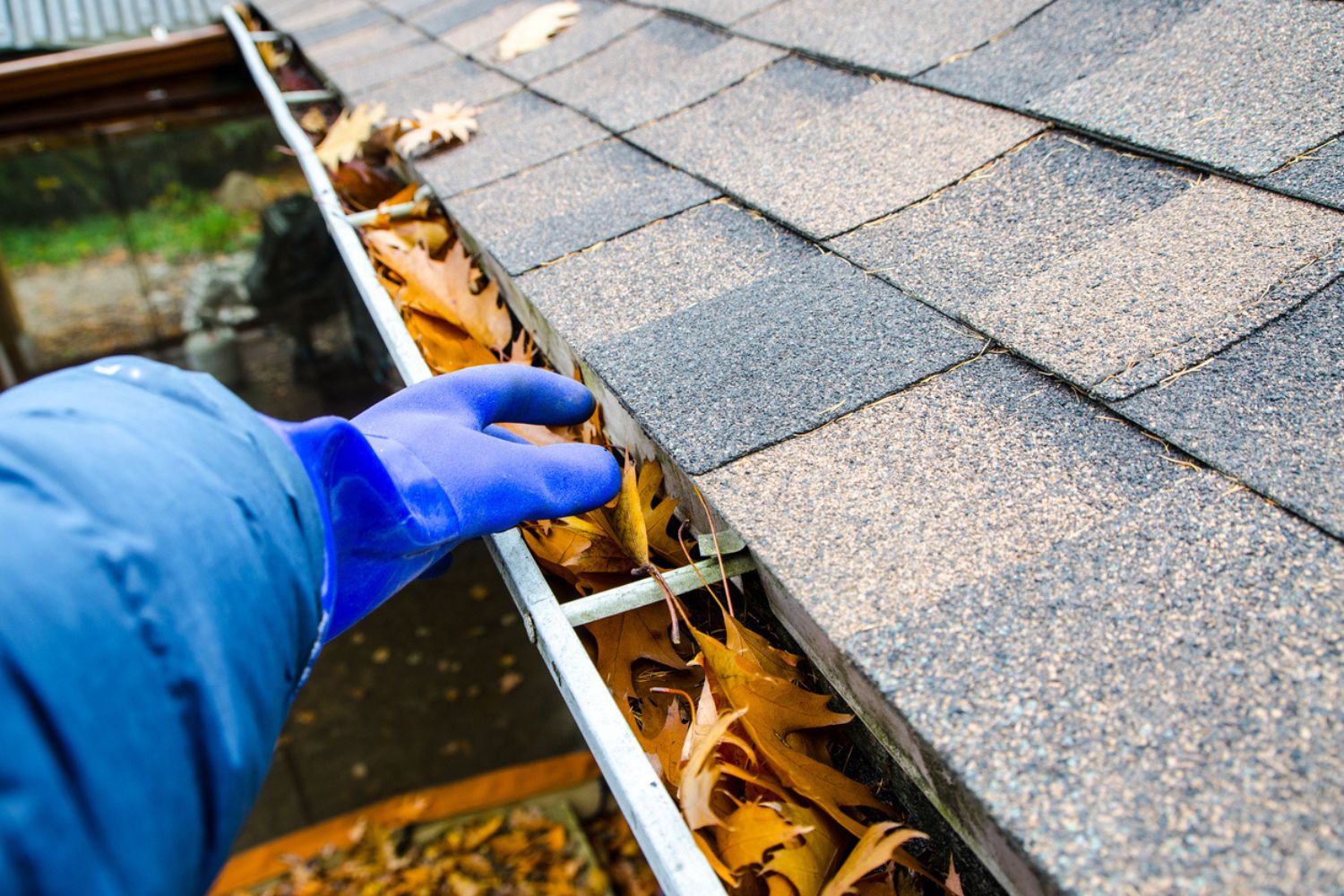
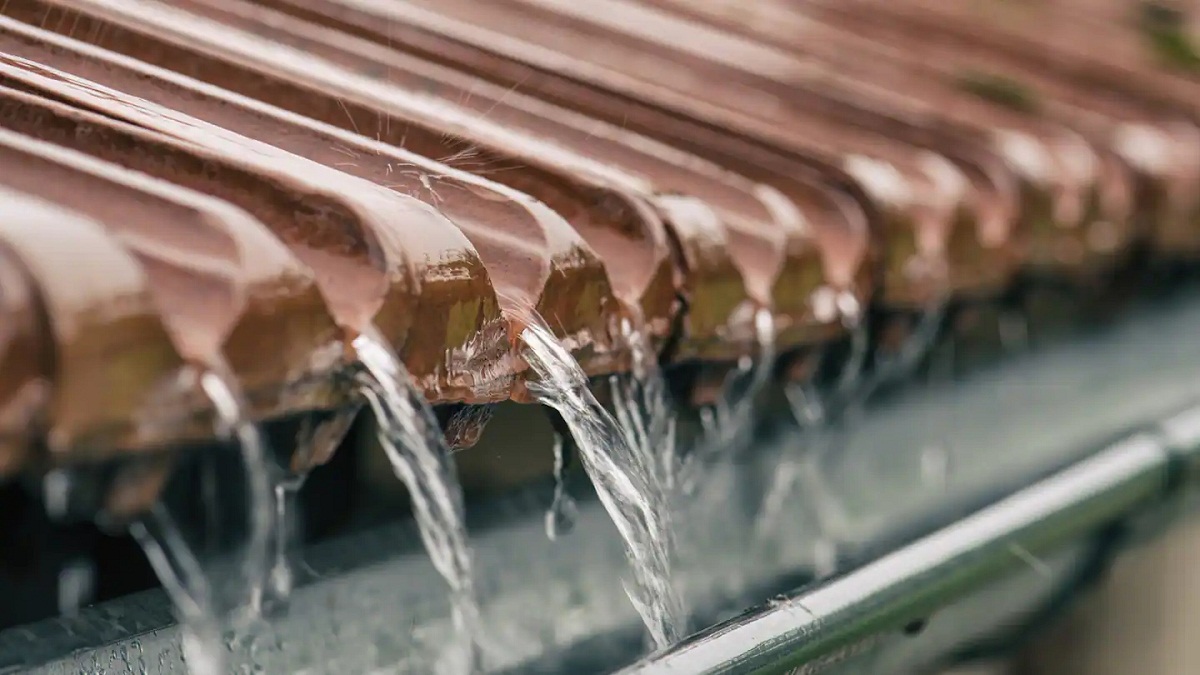
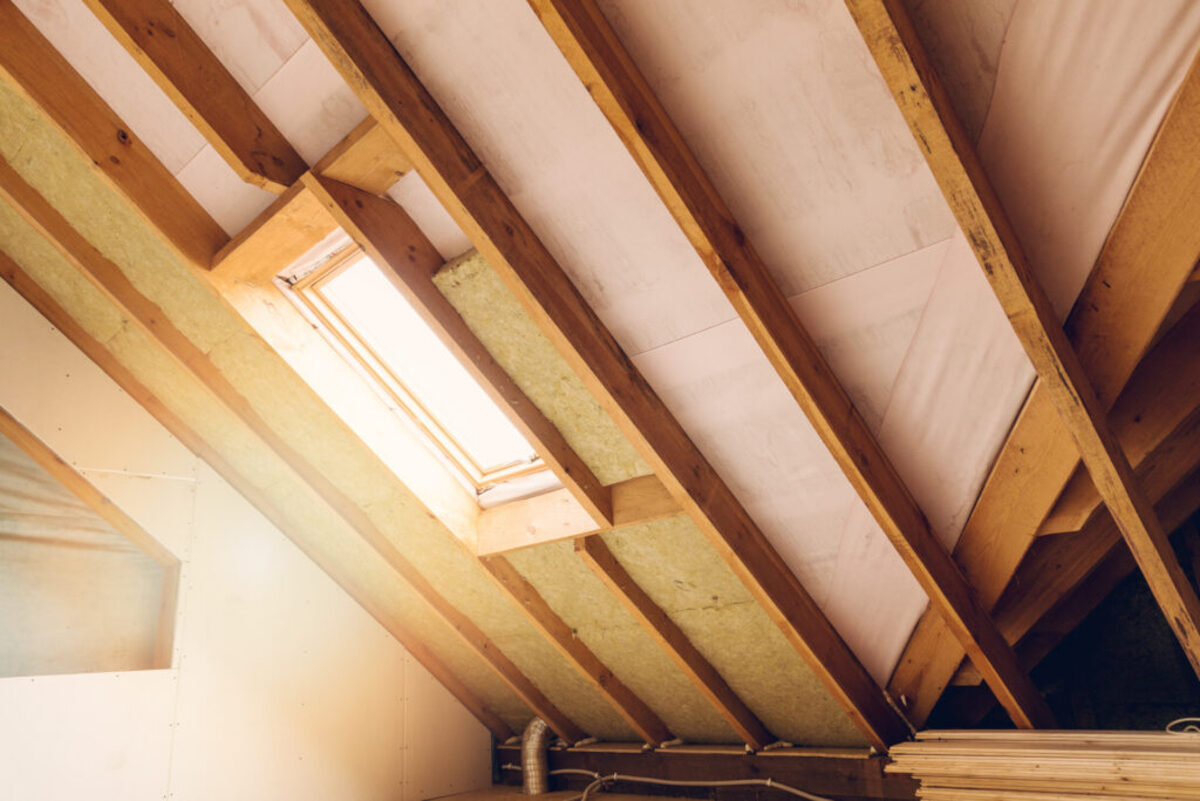
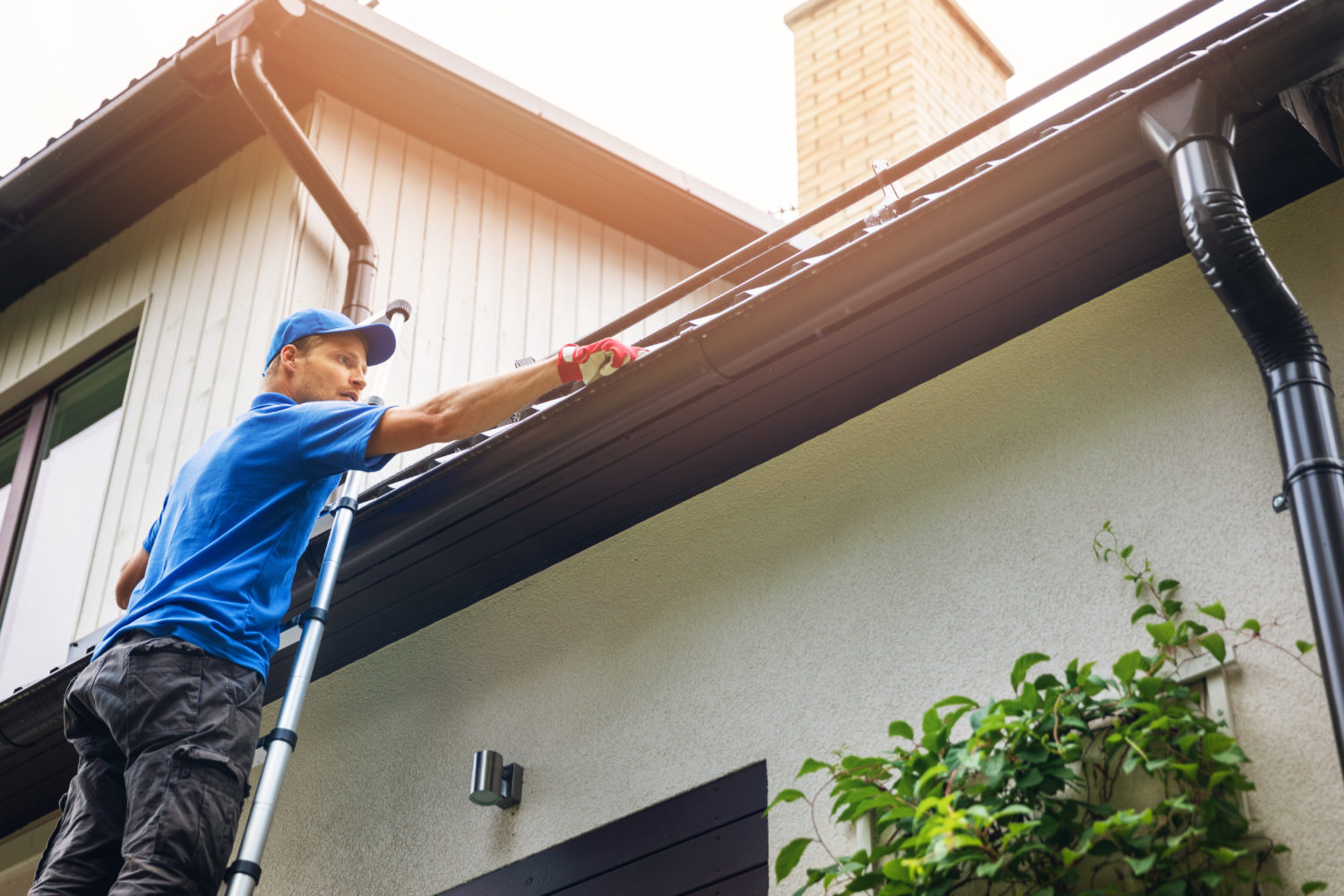
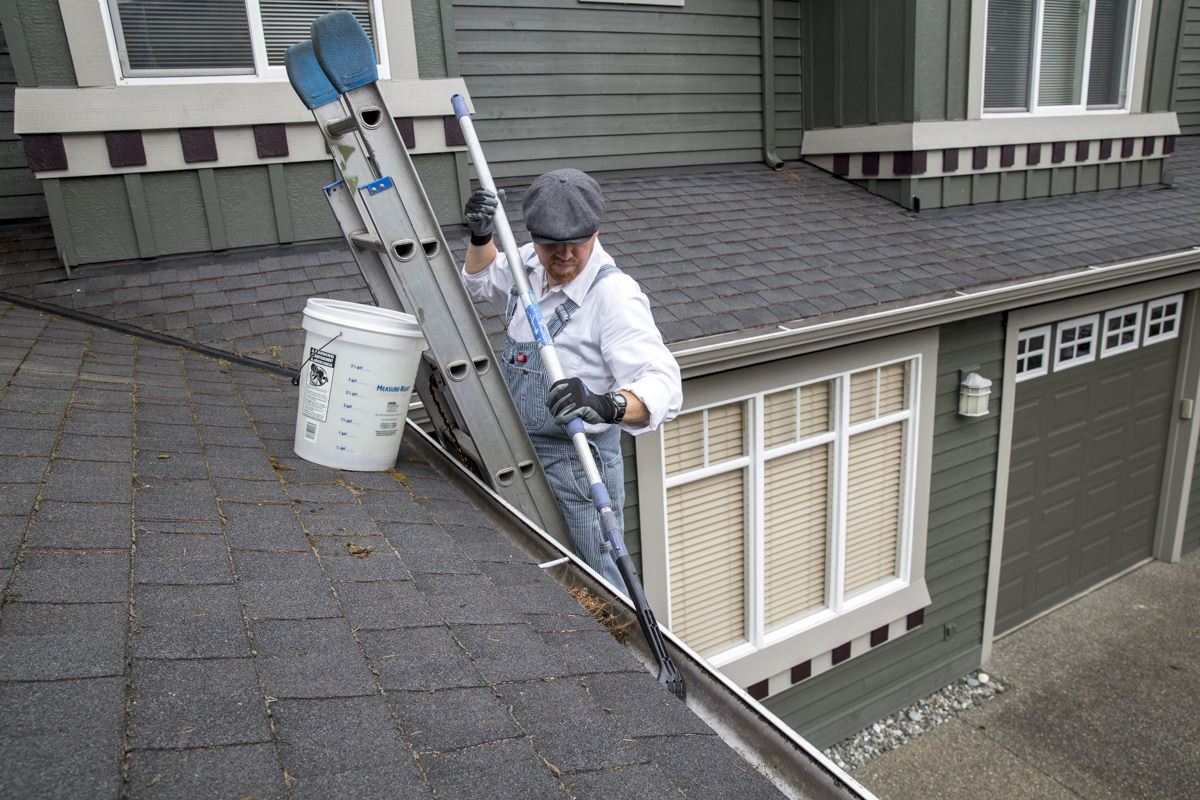
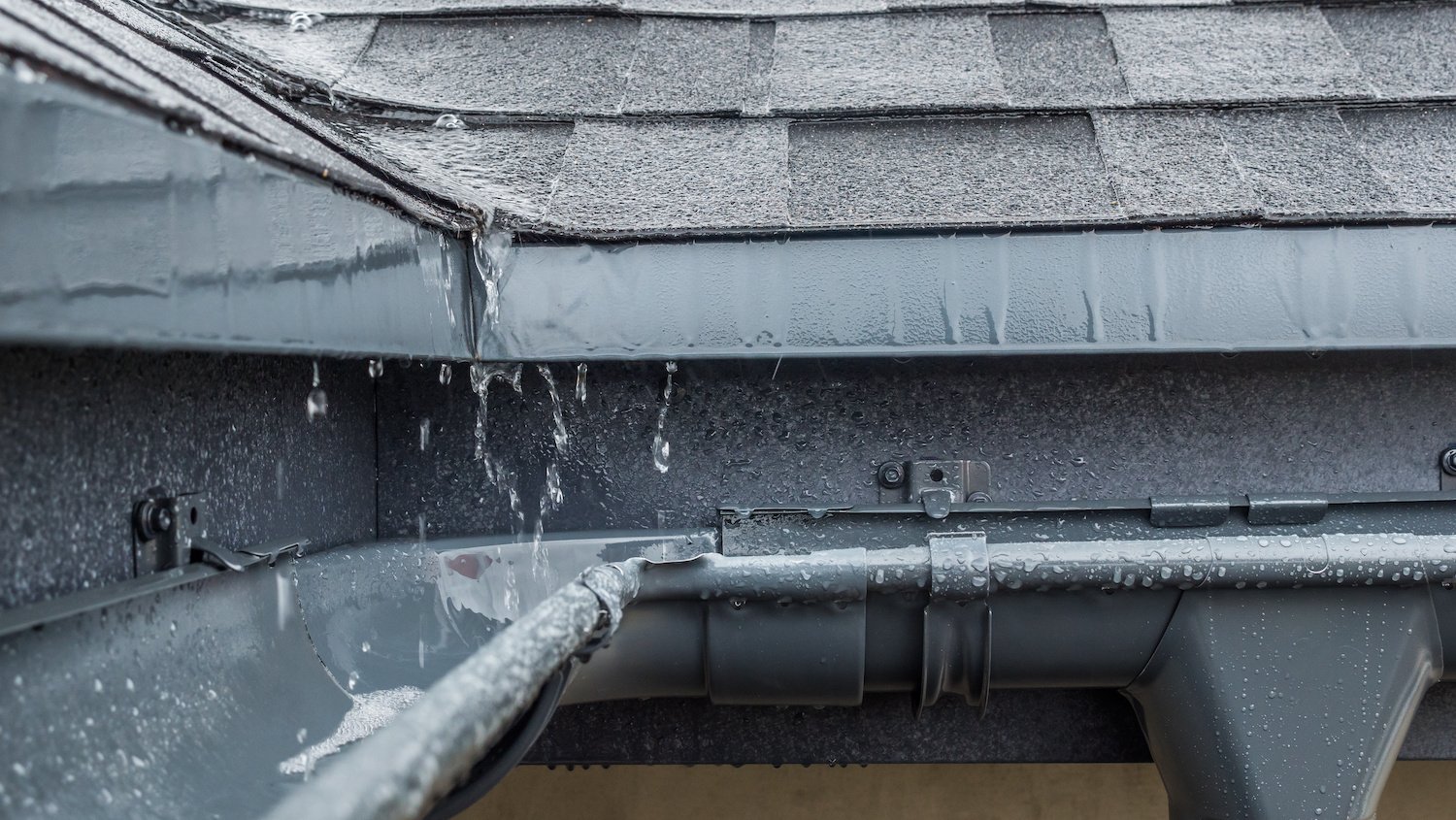
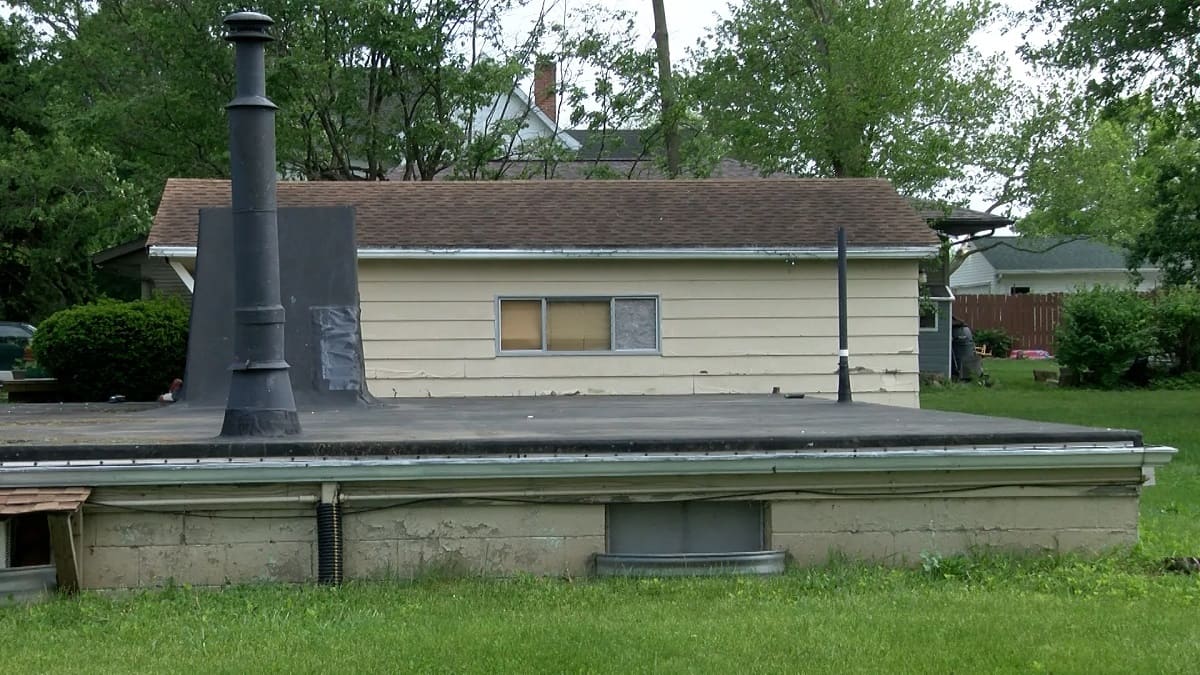
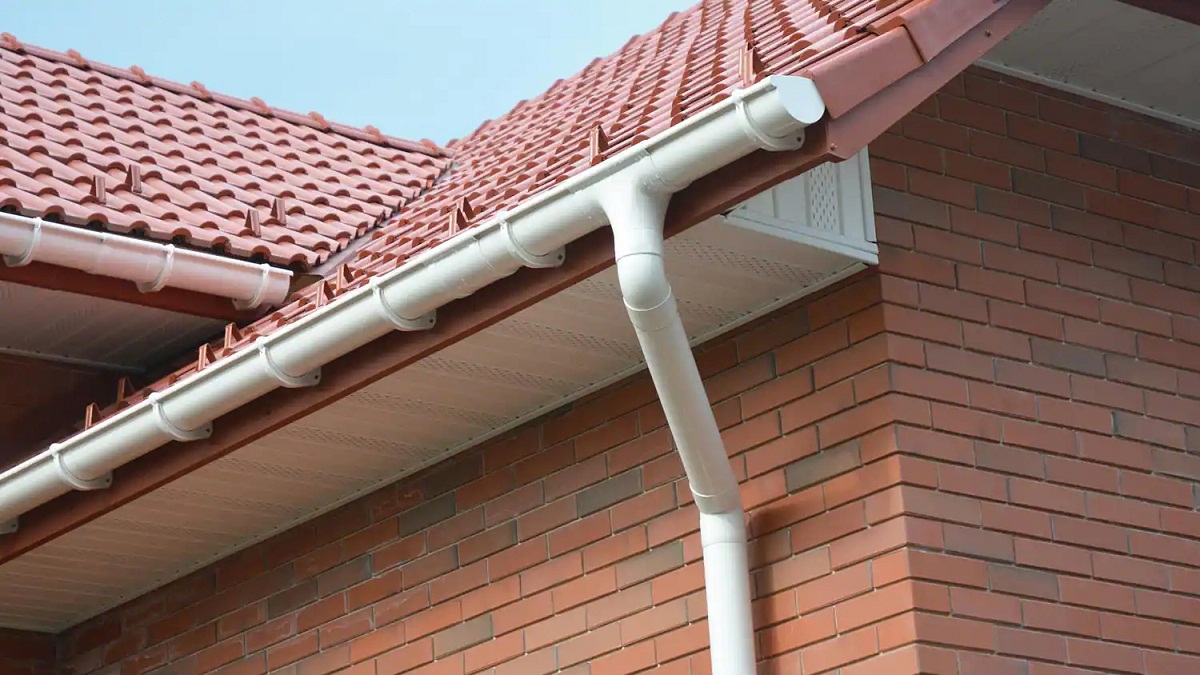
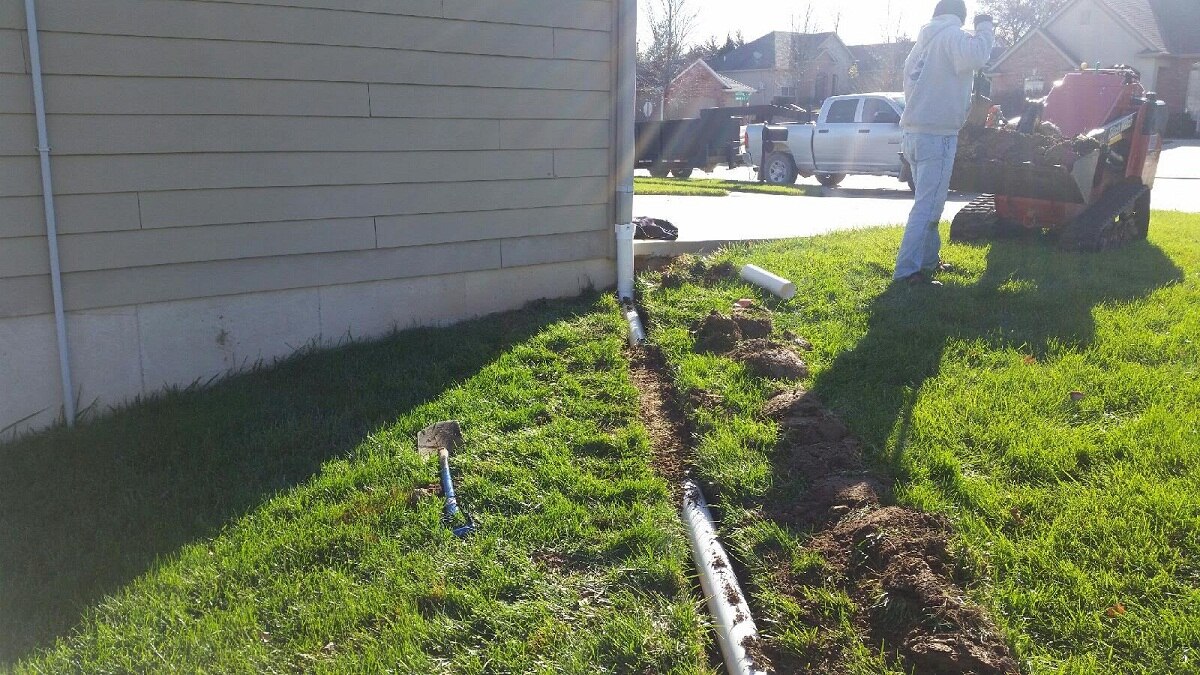


0 thoughts on “Why Does A House Need Gutters”